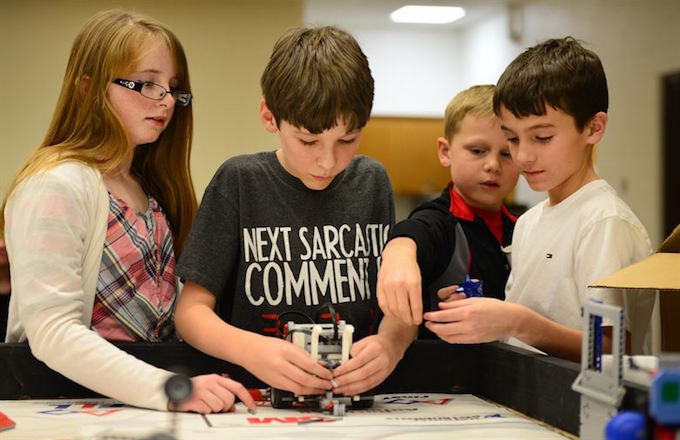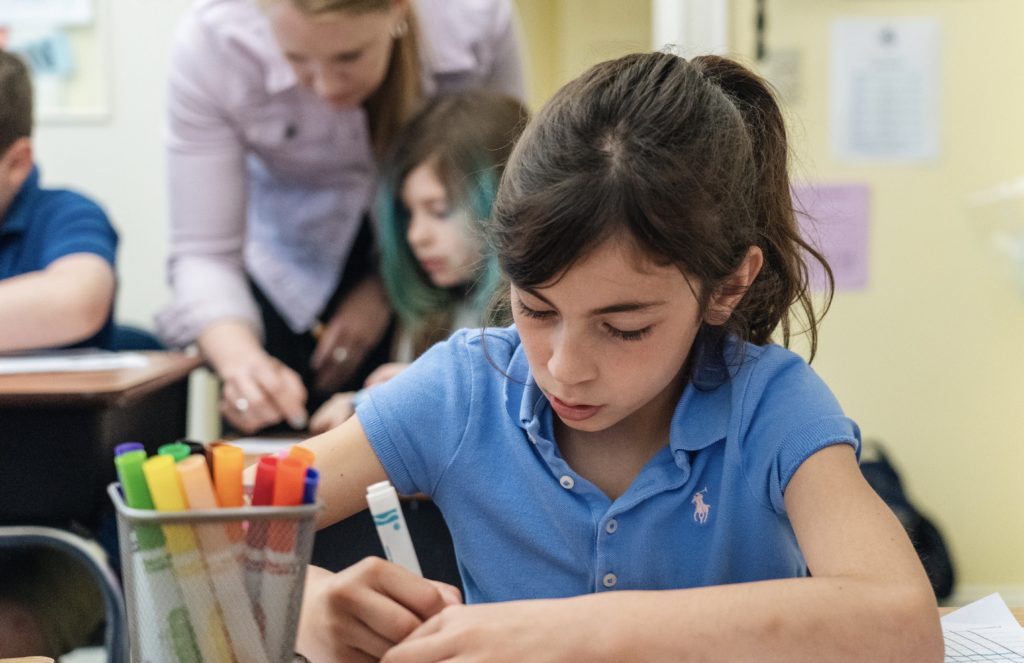What are Relationship Skills?
Relationship skills are an important component of Social Emotional Learning. According to the Collaborative for Academic, Social, and Emotional Learning (CASEL), relationship skills pertain to “the ability to establish and maintain healthy and rewarding relationships with diverse individuals and groups.” To demonstrate appropriate relationship skills, students must learn to:
- Communicate clearly: Effective communication requires the use of “verbal and nonverbal skills to express oneself” (CASEL). Communication involves not only speaking clearly and conveying ideas appropriately, but also understanding body language, facial expressions, and gestures that can contribute to accurate delivery and perception. A strong sense of self-awareness can assist in building communication skills.
- Listen well: Active listening depends on the ability to consciously make the effort to hear and comprehend what the other person is saying and respond appropriately. Some foundational skills involved in active listening include appropriate eye contact, regulating thoughts to limit distractions, utilizing facial expressions, and providing oral responses.
- Cooperate with others: When students cooperate, they each become active members working toward a common goal. Cooperation requires that students be flexible, have an awareness of self and others, take turns, respect each other’s thoughts and opinions, listen well, and practice effective problem-solving.
- Resist inappropriate social pressure: Strong self-management skills can help students to communicate and commit to their “decision not to engage in unwanted, unsafe, unethical behavior” (CASEL). This type of behavior could range from academic integrity issues to self-destructive patterns.
- Negotiate conflict constructively: Conflict resolution involves “achieving mutually satisfactory resolutions to conflict by addressing the needs of all concerned” (CASEL). In order to resolve an issue in a relationship, students must know how to calmly discuss the problem, brainstorm solutions, and come to an appropriate decision.
- Seek and offer help when needed: Students should be encouraged to check their understanding in both academic and social situations. If students hit a roadblock while working to achieve a goal, they need to know how and when to ask for help. For both the student and the educator, assessing whether or not it is appropriate to offer assistance is a delicate skill as well; place, tone, and response are all factors in offering useful support.
Why Teach Relationship Skills?
Given the receptive and expressive difficulties experienced by many students with language-based learning differences, relationship skills can be complex to learn, develop, and practice. Relationship skills are the foundation for appropriate engagement with peers and mentors. Because these skills are all interdependent and build on each other, it is important that instruction follows a systematic approach.
How Does This Connect to Landmark’s Teaching Principles™?
In order for students to fully develop and use their relationship skills, it is necessary that educators ensure automatization through practice and review, which is Landmark’s fourth teaching principle. By working with students to hone these skills repetitively, educators can simulate a multitude of situations where they can learn, practice, and refine their relationship skills. It is especially important that educators review skills in a deliberate manner and practice them consistently with students to provide appropriate feedback and give students areas for improvement. For the full text of Landmark Teaching Principles™, including “Ensure Automatization Through Practice and Review,” click here.



